What about the Queer Men this Movember?
As the name implies, No-Shave-November is a month-long campaign to raise awareness and start a conversation about the most common health concerns affecting men's health, particularly prostate and testicular cancers, as well as men’s mental health and suicide prevention. In this campaign, participants forgo shaving for one month and are encouraged to grow out their facial hair. At the end of the month, participants donate the money they would have paid for shaving supplies to foundations that promote cancer awareness and suicide prevention.
While No Shave November is meant to raise awareness of men's mental and physical health issues, it doesn't address some of the most pressing matters men face if they live outside of traditional "masculine" cultures. Queer men often feel excluded from these conversations, and as they also endure the same physical and mental health issues, they deserve to be seen, heard, and educated! Let's address this issue together!
Erectile Dysfunction and Queer Men's Mental Health
Many doctors and therapists believe that erectile dysfunction affects men regardless of their sexual orientation in the same way. However, it’s also true that gay, bisexual, and queer (GBTQ*) men experience additional social and societal stressors, increasing their risk of erectile dysfunction. Sexual performance anxiety (SPA), in particular, is one of the most commonly recognized types of erectile dysfunction, and can affect any man if enough stress and anxiety are present.
Psychological Causes of Erectile Dysfunction:
Stress and Anxiety
Relationship issues
Sexual indifferences
Low self-esteem
Guilt
Depression
Erectile Dysfunction in Gay, Bisexual, and Queer Men (GBTQ)
Gay, bisexual, and queer men are more likely to experience erectile dysfunction than heterosexual men. In particular, GBTQ men may experience additional stressors related to minority status, resulting in erectile dysfunction. In addition, as GBTQ men, it is common for them to feel insecure about their abilities and worth, which is often rooted in internalized homophobia.
Confounding Factors
Not Masculine Enough: Because GBTQ men perceive themselves as not sufficiently masculine or have been bullied or criticized about this in the past, they are already at a disadvantage when trying to follow the "pentacle" of manhood.
Conflicted feelings: Some GBTQ men feel guilty for betraying their religion, families, friends, and peers because of their sexual orientation, which can cause internal turmoil.
Social expectations: Even within the LGBTQ+ community, there are strong expectations to look, act, and feel a certain way. Some of these expectations are aligned with traditional notions of masculinity, as traditionally "masculine" men are viewed more positively than others, especially when compared with more “feminine” men.
What Do Cis, Gay, and Bisexual Men Need to Know about Prostate Cancer?
The most common invasive cancer among men is prostate cancer, and studies show that it is more commonly diagnosed among gay men than straight men.
There are similarities in the physical treatment of prostate cancer between GBTQ men and straight men. However, how it impacts the livelihood of straight men is very different. In particular, treatment can profoundly alter GBTQ men's sexual lives.
Fast Facts about Prostate Cancer:
Early detection of prostate cancer has a 99% success rate
Prostate screening includes a PSA blood test and digital rectal exam
Sexual activity can raise PSA levels. Bottoms (men who engage in receptive anal sex) should be aware that sex stimulates the prostate, which may cause PSA levels to appear falsely high. It’s recommended that for the 48 hours leading up to a PSA test that you do not engage in sex (including masturbation)
Black gay and bisexual men have a lower screening rate for prostate cancer than straight men
Prostate cancer can affect erections, making some men more vulnerable to HIV if their erections aren't strong enough for condom use
Being gay or bisexual, or having anal sex, does not increase prostate cancer risk
In contrast to HIV-positive men and bisexual men, who often have a worse outcome than HIV-negative men or gay men, they are more likely to experience favorable results.
Top Risk Factors for Suicide in Queer Men
The stress related to being in the closet (hiding your sexual orientation from others) and the fear of having your sexual orientation disclosed
Adverse reactions, regardless of whether you're coming out or already out
Familial or peer abandonment
Making romantic relationships known to family members and anticipating how they will react
Feeling unsafe in public with or without your partner
Men also encounter difficulties as they attempt to navigate through the medical system. GBTQ men are thought to receive less health care than straight men due to the number of barriers they face and doctors and therapists who are not "culturally competent" in their needs. In addition, GBTQ men's wellness is associated with specific risk factors, so they must find physical and mental health practitioners who have experience with LGBTQ-affirmative therapies and treatment.
At Resilience Counseling, we are proud to offer extensive resources that directly speak to the challenges faced by GBTQ men. Our Healthy Sexuality therapy includes exploring gender and sexual identity and sex therapy for coping with religious guilt and cultivating a healthy relationship with your sexual identity. Furthermore, we provide relationship counseling for individuals and couples and expand therapy for polyamorous, non-monogamous, and monogamish couples. Feel free to reach out through our website or call us at (314) 690-5379.
*GBTQ - We’re using this acronym to help clarify which members of the LGBTQIA2+ community we’re speaking to.



